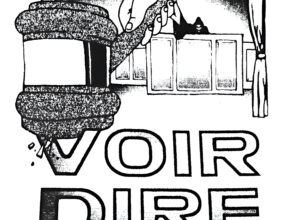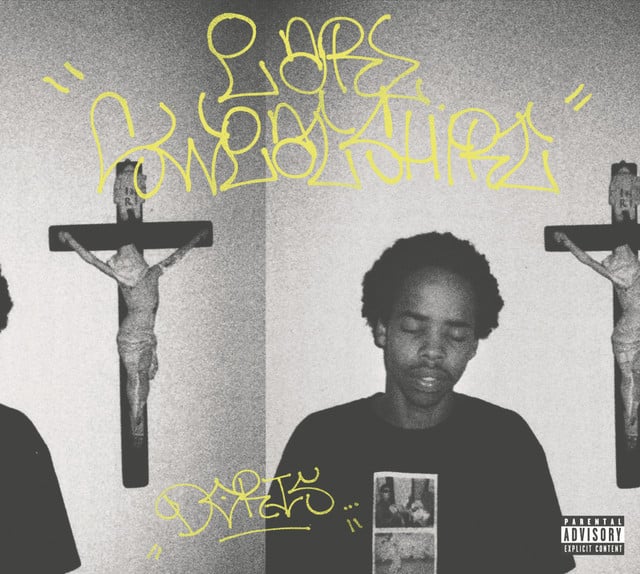Released: 2018
“Azucar” by Earl Sweatshirt is a deep dive into the artist’s life presenting a tapestry woven with threads of his personal struggles, familial connections, and resilience. It paints a vivid picture of overcoming adversity, resilience, and imperfection through explicit lyrical illustrations.
The first two lines, “Petal to the metal / Lost foot and it was sugar in my gas tank” succinctly introduces you to Earl’s past struggles, using metaphoric language. Here, “sugar in my gas tank” signifies challenges hindering his push for progress. Earl further reveals how he sources comfort and strength amid these struggles with the line “My cushion was a bosom on bad days.” Here, Earl finds solace in the maternal figures in his life and extends an homage to all Black women with the line, “There’s not a black woman I can’t thank.”
As he moves into the crux of his verse, Earl delves deeper into intimacy and vulnerability. The line “You called crying when I told you these the last days” hints at a profound connection and shared pain, referencing possible end times. These are followed by a defiant statement, “It’s all mine, could’ve split the last plate,” suggesting that instead of dealing with disbelievers and fake friends, Earl has chosen to take matters into his own hands.
“Niggas with live ammunitions in the stick on the highway,” is a hard-hitting line that paints a stark image of the violent environment he has experienced. It’s juxtaposed with, “I only get better with time / That’s what my mom say, the doc’ say, he to kill him this time.” Here, his growth and the potential threat of his success sparking envy is profoundly reflected.
In the lines “Sicky, sicky, niggas wasn’t shit / Face looking like I stumbled out of bed, hundred dollar jet,” Earl lashes out at faux friends, sickened by their actions. His face looking like he’s just rolled out of bed contrasts with the luxury of a hundred-dollar jet, underlining the duality of his life.
Earl continues to navigate the maze of his mind, tinged with past ghosts and heartening memories. Lines like “Empty mama said she used to see my father in me / Said I was not offended,” presents an interesting commentary on familial legacy. This is contrasted by grappling with his public life in, “Living life like a nigga put a price on my head.”
The closing lines, “See the ghost of where I was, lonely as I was,” capture a sense of growth and self-awareness. It circles back to the idea of progress despite adversity, ending the song on a powerful note.








